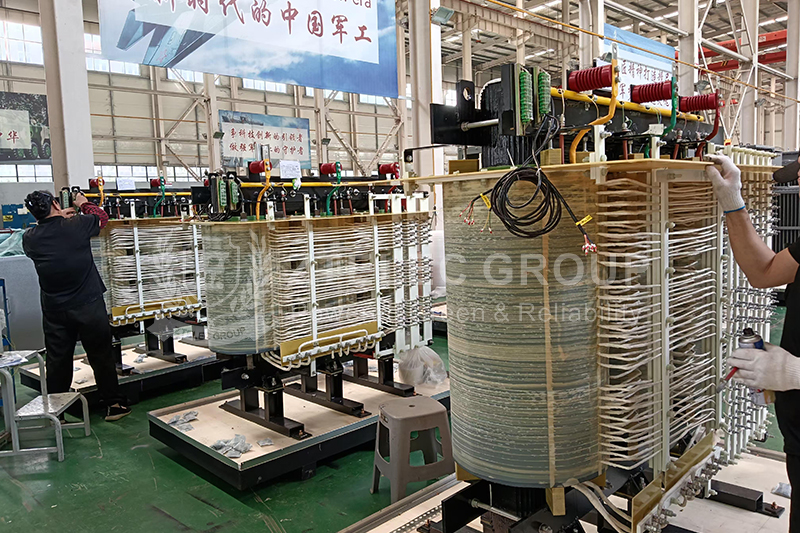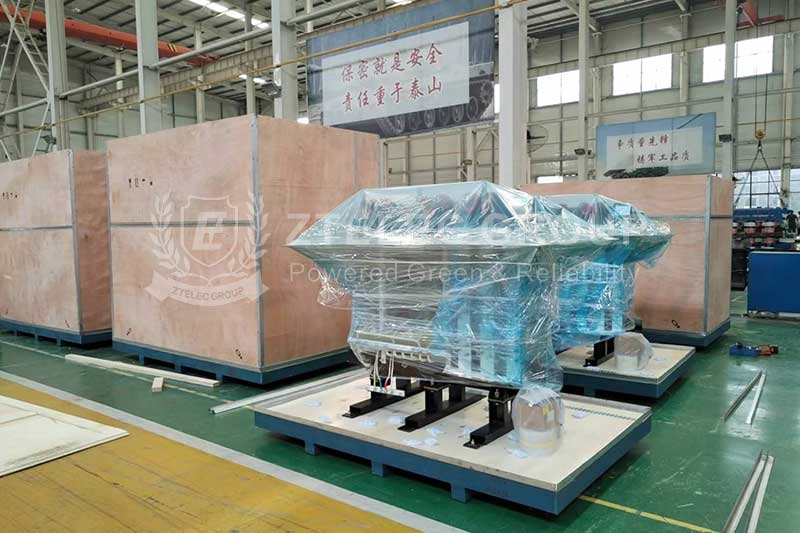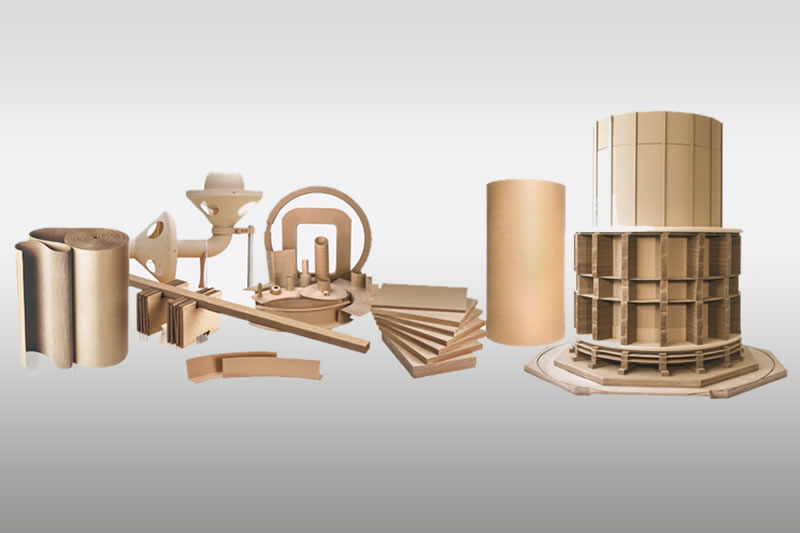Do dry transformers require air circulation?
Dry-type transformers play an important role in modern power systems and are widely used in various industrial and commercial applications. Compared to oil-immersed transformers, dry-type transformers are considered safer and more environmentally friendly due to their oil-free characteristics. However, there is still considerable debate and differing opinions regarding the operating conditions of dry-type transformers, particularly the need for air circulation. This article will explore whether dry-type transformers require air circulation and analyze its importance from multiple perspectives.
Working Principle of Dry-Type Transformers
The working principle of dry-type transformers is similar to that of other types of transformers, primarily converting electrical energy from one voltage level to another through electromagnetic induction. However, the main difference lies in the choice of insulation materials. Dry-type transformers use solid insulation materials (such as epoxy resin) to encase the windings, making them structurally simpler and easier to maintain than oil-immersed transformers.
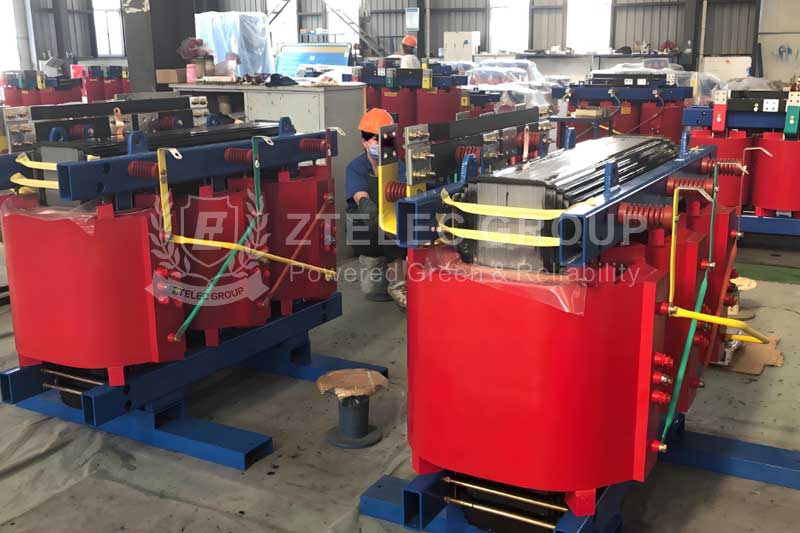
Importance of Cooling Methods and Air Circulation
The performance of dry-type transformers is closely related to their cooling methods. Whether during operation or under high load conditions, temperature control is a key factor in ensuring the normal operation of the transformer. Dry-type transformers typically rely on natural convection or forced convection for cooling. Therefore, the presence of air circulation directly affects their heat dissipation capability.
1. Natural Convection vs. Forced Convection
In natural convection, dry-type transformers utilize the temperature differences in the surrounding air to allow hot air to rise and be replaced by cooler air. This process is relatively effective for small transformers. However, as the capacity of the transformer increases, the cooling effect of natural convection may no longer be sufficient, necessitating the consideration of forced convection, which enhances air movement through fans or other mechanical devices.
2. Heat Dissipation and Ambient Temperature
The external ambient temperature also significantly impacts the operation of the transformer. In high-temperature environments, air circulation becomes particularly important, as it effectively removes heat generated by the transformer, maintaining its normal operating temperature. Insufficient air circulation may lead to overheating, thereby shortening the lifespan of the transformer and potentially causing failures.
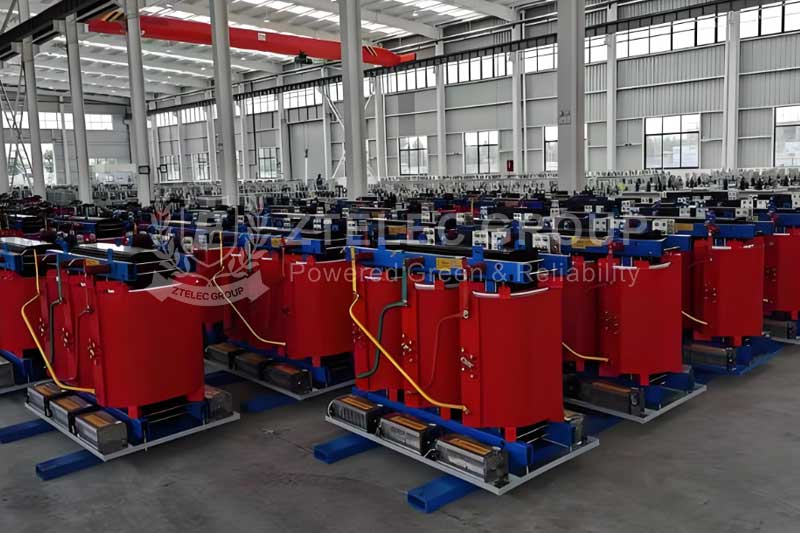
Impact of Installation Environment on Air Circulation
Dry-type transformers are generally installed indoors or in specially designed substations, where the ventilation conditions and spatial layout directly affect the effectiveness of air circulation. In some enclosed or poorly ventilated environments, dry-type transformers may not achieve adequate cooling.
1. Ventilation Design
When designing the installation location for dry-type transformers, it is essential to consider air flow. For instance, there should be sufficient space around the installation site to ensure free air movement, and the transformer should be kept away from obstacles.
2. Maintenance and Inspection
Regularly inspecting the installation environment of the transformer to ensure that dust and debris do not obstruct air circulation is also a crucial step in ensuring its safe operation.
Based on the above analysis, we can conclude that dry-type transformers require air circulation during operation. This is not only related to their cooling effectiveness but is also a key factor affecting their long-term stable operation. By reasonably designing the installation environment and ensuring good air circulation, the operational efficiency of dry-type transformers can be effectively improved, their lifespan extended, and failure rates reduced. Therefore, when purchasing and installing dry-type transformers, it is essential to fully consider the need for air circulation to ensure their safe and reliable operation.
- more+releated article
- 2025-12-13How to Select and Use Phenolic Cloth-base Lami
- 2025-12-13How Much Does Bakelite Sheet Cost? 2025 Price
- 2025-12-13Why are most 3240 epoxy boards yellow?
- 2025-12-13What are the Main Applications of FR4 Epoxy Bo
- 2025-12-13Why Does the Price of Insulating Paperboard Va
- 2025-12-13Heat-Resistant DDP Insulation Paper
- 2025-12-13Comparison of Heat-Resistant DDP Insulating Pa
- 2025-12-13G10 and FR4 Epoxy Boards: Commonly Used for Ge
- 2025-12-13The Price of Heat-Resistant DDP Insulation Pap
- 2025-12-13How to Choose Epoxy Laminate Materials for Gen

